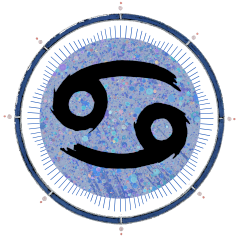Watch mini-documentary featuring Eric Francis. Banned by YouTube!
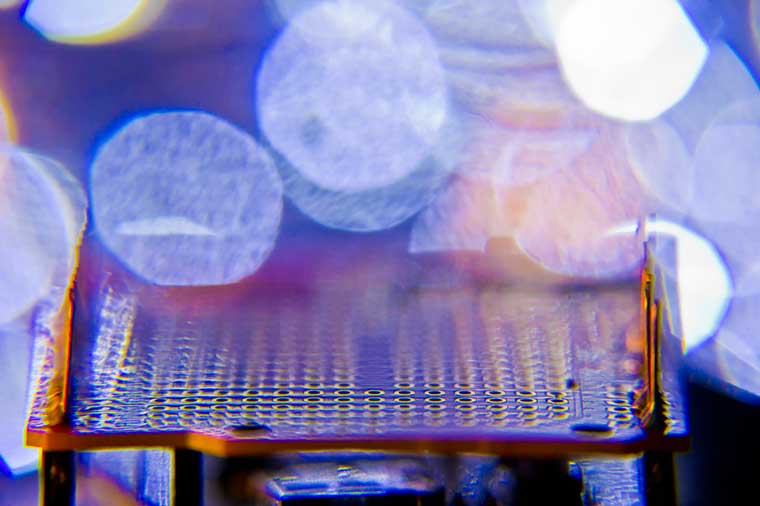
There is a “why bother?” attitude in the air, which is about depression. This condition is not merely about a disease that nobody actually has; it is about us: who we are and whether we value existence.
Dear Friend and Reader:
This past Sunday’s Aries New Moon occurred close to Eris, followed by a conjunction of the Sun to Eris through Tuesday. Eris tells us all we need to know about our moment and the longer phase of history through which we are living: about its challenges, its pressures and its special kind of psychic stress.
I’ve been tracking Eris since early 2006, well before it was named in August of that year, and wrote the first short book about it that winter. In that work, I described Eris as representing the faceting and fragmenting of self, in part under digital conditions, and prior to that, under electrical conditions (radio, electric light, telephone and television).
Eris describes ‘postmodern’ reality, where we think there is no such thing as the truth and the notions of coherence and continuity can seem suspicious.
The holistic principle seems like a scam. Natural immunity seems to many like a conspiracy theory made up to hurt beloved corporations. There is no common sense; what shrieks the loudest is the most trustworthy. Power trumps intelligence.
This has only gotten worse as we’ve experienced one Eris transit after the next: Uranus conjunct Eris (the insanity leading to Trump getting elected); first Saturn, then Pluto, then Jupiter, square Eris (the each-obsessed pandemic of panic); and now the Sun, Venus, Mars and Jupiter aspecting Eris (covid ‘vaccine’ as the new Hula Hoop).
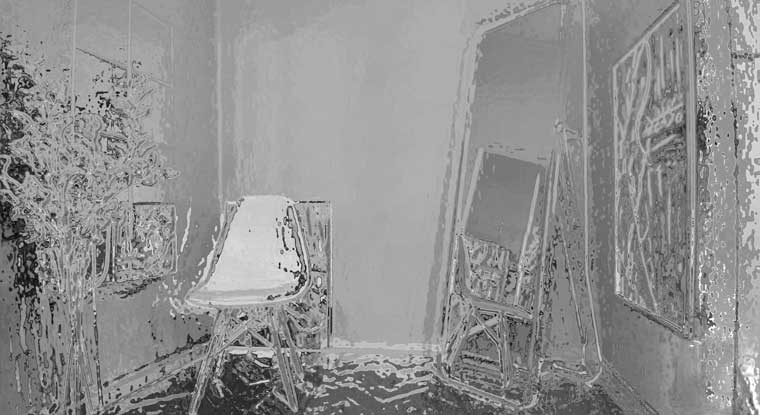
The Diffusion of Identity
Imagine Sun conjunct Eris (exact Tuesday) as the diffusion of identity, like light shining into a revolving disco ball. It sure looks cool, but what do you really have? Can you focus on something? Anything recognizably you? Does it come as a relief to lack any need for consistency? Have we forgotten what it is to be together, within ourselves, and among ourselves?
Consider that the alleged presence of “covid 19,” and society’s absurd over-reaction to it, has given many people an opportunity to flake out and/or give up. But not everyone: we are finding out who is really alive.
Yet for many, there is a “why bother?” attitude in the air, which is a form of depression. This condition is not merely about a disease that nobody actually has; check with your local health department and ask them a few real questions (as one of my readers, you surely know enough to do so).
I have noticed the unraveling of personal responsibility and commitment under “covid 19” conditions, as if all the rules of accountability are suddenly suspended. The internet has long been a place where people could cancel one another. It is seemingly now fair for anyone to say or do anything, to demand anything, to judge anyone or to treat anyone unfairly — all based on one excuse, spoken or not.
These are the basic elements of respect that hold society together. It’s about us and our mental state: who we are and whether we value or even recognize our existence as something relevant, meaningful or having any context at all.
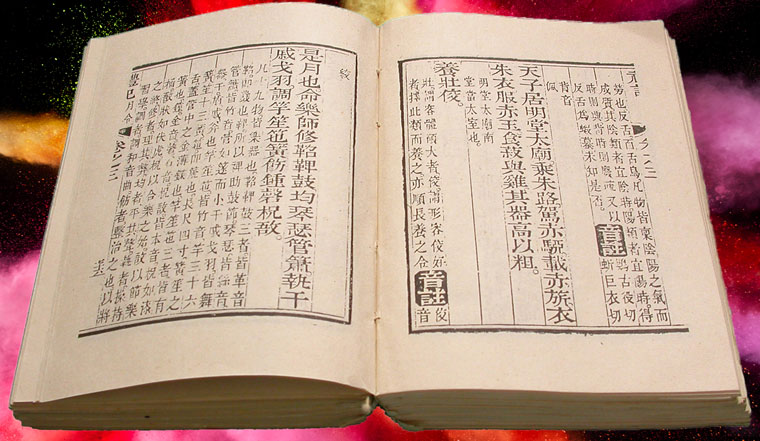
The Dissolution of the Past
Many spiritual paths talk about letting go of the past. Yet this is only safe on Earth if you have a point of reference in the present that is not merely terrifying. Letting go of the past is fantastic if you are in a creative state of mind. It’s unhelpful if you’re trying to learn something. My father, a retired communications professor, used to say to his students, “I know you’re not going to remember this because I said it five minutes ago.”
The kids would not know what he meant. The old folks in the back of the room, auditing the class, would chuckle.
In the book One Hundred Years of Solitude by Gabriel Garcia Marquez, there is a story line where the entire town gets a kind of amnesia. The local tarot card reader, instead of predicting people’s futures, is called upon to tell them what happened to them in the past.
When you read it, this seems perfectly ironic. Instead of getting their fortune told, people are asking, “What did I do yesterday?”
(I thought this was particularly funny since it happens to be one of my approaches to astrology — helping people reconstitute their past and come up with a better interpretation of events. I specialize in claiming missed lessons and making holographic corrections to personal history.)
While there are certainly benefits to letting go of elements of the past, learning is not one of them. However, coexisting with what we call the past requires continuous and ongoing re-evaluation.
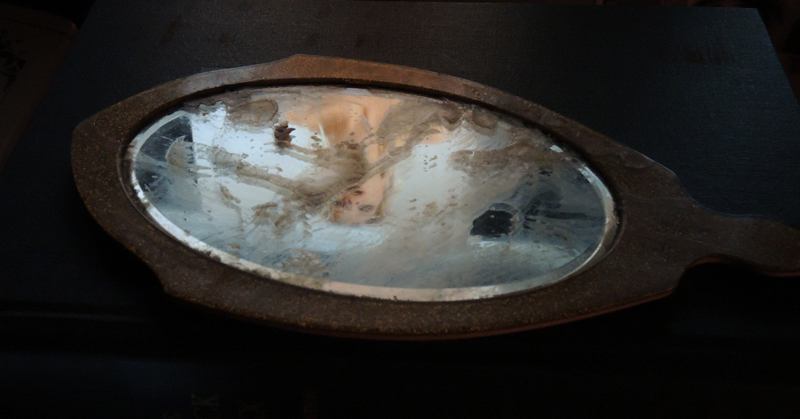
Continuity as Necessary for Growth
It may seem cool to have every day be something entirely new; Groundhog Day is a fine illustration of mental torture. Yet to learn about oneself calls for some continuity. Transformation is rarely radical and most who feel stuck are not as stuck as they think.
What is the appropriate time to let go of the past? When is it really possible? I would say when the essence is taken, the message received, the lesson learned. Sometimes you get the feeling that people think of it like washing the sink. But someone would have to remember how to do that.
Healing and growth, which are related, both require using the past as a reference point, whether you need to forgive, outgrow or resolve those events. Awareness of what you experienced and how you feel is usually necessary.
Continuity of self is also necessary, which can take one of two forms: developing some consistency of personality so that you can stick to your healing agenda; or cultivating the inner witness, which is the unchanging element of yourself that is aware of the other facets and can maintain awareness of the process, or can see the whole despite the faceting or fragmentation that is being resolved.
Growth calls for getting the work done, which implies understanding that there is an incremental process. Even if the healing comes as the result of a spontaneous miracle, that, too, requires awareness and often preparation that can take a while.
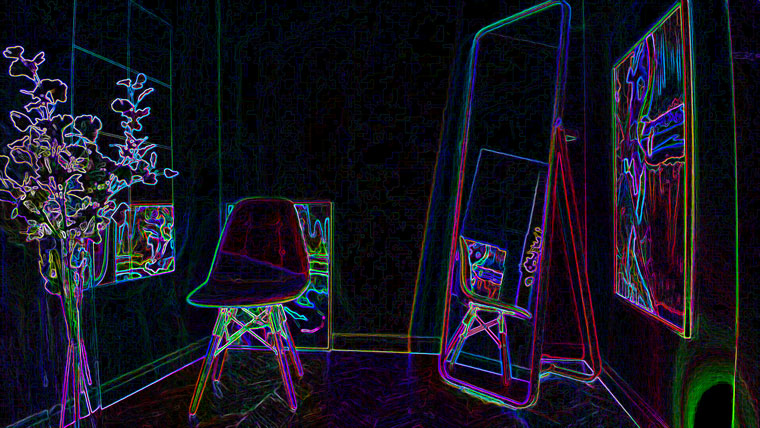
The Answer to Toxic Chaos
I don’t think we are involved in this radical lack of continuity as an original, voluntary or organic act, or seeking astrologically what Eris presents. It has been thrust upon us involuntarily and is more about toxic chaos than anything else.
There is such a thing as healthy chaos; that is essential to creativity. To have its effect, continuity cannot be perfect. There have to be places where changes or mutations to your patterns can slip in, and that is the creative experiment. But on balance, the result comes mostly from continuity and partly from leaving the door to your potential open a little.
Speaking in the words of Transactional Analysis, you need to be mostly adult, with a conscious relationship to your child. The child is who may suggest doing something fun, and the adult is the one capable of making sure there’s enough time and money, and getting everyone home safely.
Now more than ever is the time to attend to business, take care of one another, and act as if to hold the world together. This takes presence and commitment from day to day. Do not fall for the electrically induced amnesia, the social pressure to give up your autonomy and self-presence, or surrendering your sense of personal truth to an advertising campaign.
As one in the position to offer ideas in the midst of this imposed chaos, I suggest mostly doing what is necessary before you do what you want most days, and some doing what you want before doing what is necessary. There is no exact formula except for experimentation and noting the results. And that is the role of the witness, who is essentially the same from day to day.


Sun Conjunct Eris and the Computer as LSD
It is rare in the history of astrology that we know about a new planet — that we know of its existence, much less have a concept of what it’s about. Today the Sun is conjunct Eris, first seen in 2004, officially discovered in 2005, and named in 2006.
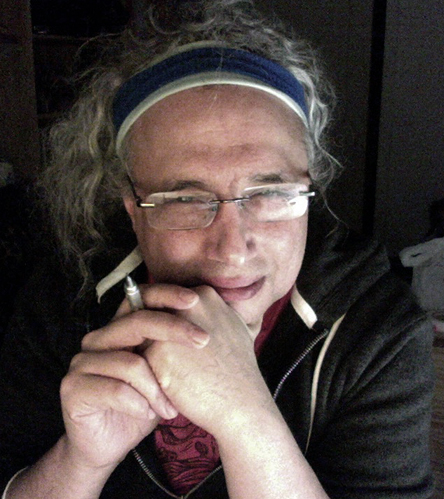
In January 2007, working with Cosmos and Psyche author Richard Tarnas (who gave me a personal class on postmodernism, which I did not understand), I published the first monograph about it — before any other astrologer had a clue.
I even made the front page of The Wall Street Journal (not my best interview).
At its essence, Eris is about what’s happened to us as a result of overexposure to digital technology. The change has been gradual, like insanity slowly setting in over a period of several decades.
To some it has barely been noticeable — they don’t think about these things, they have no basis for comparison, or they have no recollection of how life was before our psyches were shattered by all of this technology. Not just shattered: all AI devices are based on robotics. A robot is not a tin can rumbling around; it is a series of instructions. And when we immerse ourselves in robotics all day, we become like robots. And if you are human, that is pretty damned weird.
Let’s put it this way. If your cat started acting like a robot, you would think there was something seriously wrong. But if you act like one, well, you’re just behaving like everyone else, and there is nobody to notice.
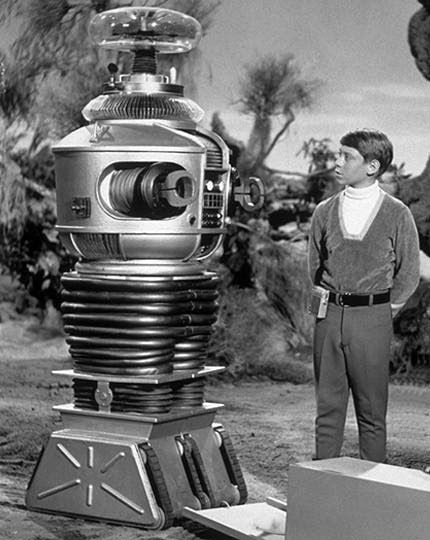
The way I remember things, civil society was doing pretty good until 2007, when the “smart” phone came out and soon after, everyone was walking around with a computer in their pocket. (There were other problems, like hardly anyone noticing the problems with 9/11, which worked great as CGI but not under the laws of physics.)
It’s not merely that those imbibing it were obsessed by it — then total dependency was pushed on us. Today, this extends to being expected to present vaccine and testing records for a disease that nobody has.
Back in the 1960s, the world’s first media philosopher, Marshall McLuhan, said that the computer was LSD for the businessman. This was at a time when everyone — kids, politicians, professors, everyone — was tripping out on a VERY powerful hallucinogenic drug. As a consultant in the computing field (for IBM among others) he noticed that the technology was having a similar effect on the kinds of square businessmen who would never even think of dropping acid.
(And today they’re actively invoking that comparison: there’s a new smartphone app that “claims to make you trip like you’re on LSD.“)
Now all of society is on this drug. We are living in a dream plane — the digital astral plane, where all the rules of physical reality are suspended, and where we never come down, because there is no ground (of consciousness) to come down to.
As I said on my program Friday night, we are all tripping balls.
Faithfully,




